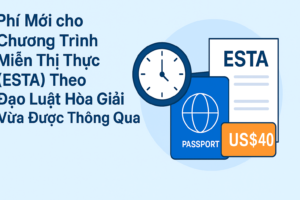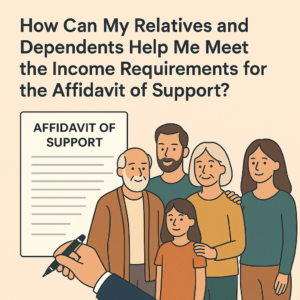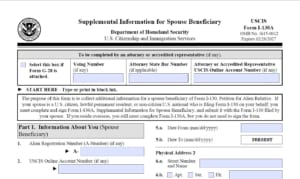 As expected, the Final Action Date for Vietnamese EB-5 investors has retrogressed to match that of mainland-born Chinese. The U.S. Department of State Visa Bulletin for August 2019 now indicates that EB-5 visa applicants from China, Vietnam, and India will be subject to the same Final Action Date of October 15, 2014.
As expected, the Final Action Date for Vietnamese EB-5 investors has retrogressed to match that of mainland-born Chinese. The U.S. Department of State Visa Bulletin for August 2019 now indicates that EB-5 visa applicants from China, Vietnam, and India will be subject to the same Final Action Date of October 15, 2014.
This is a result of both Vietnamese and Indian EB-5 investors having used up their respective share of the approximately 700 EB-5 visas (the ~7% per country cap) in fiscal year 2019. At this point, any EB-5 visas unused at the end of fiscal year 2019 will be given to Chinese investors waiting in line as of October 15, 2014.
It is expected that Vietnam and India will remain subject to the same Final Action Date as China in the September 2019 Visa Bulletin.
Some positive news for Vietnamese and Indian investors; the Final Action Date for those two countries should advance in October 2019 at the start of the new U.S. fiscal year when all countries begin to receive new EB-5 visas allocated for fiscal year 2020.
If you have questions about the EB-5 immigrant investor visa or how visas are calculated, please contact us at:








